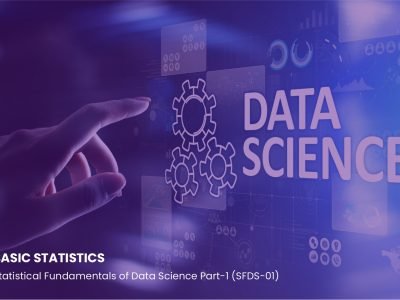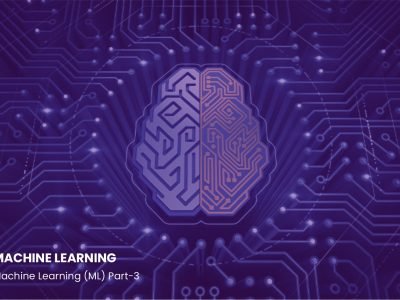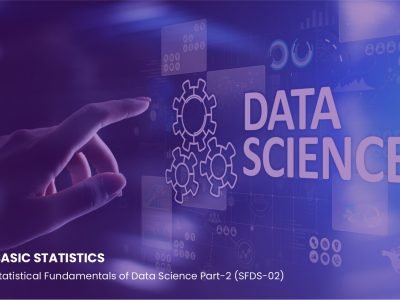Design of Experiments Part-1 (DOE-01): Basic DOE with R
This course covers the fundamentals of the design and analysis of experiments (DoE). Using these principles, you will learn to critically analyze experimental data and gain valid, objective conclusions.
Overview
Mon 16 - Fri 20 Feb 26, at 1900-2100 IST
Via Google Meet
Mon 16 - Fri 20 Feb 26, at 1900-2100 IST
Via Google Meet
Mon 16 - Fri 20 Feb 26, at 1900-2100 IST
Via Google Meet
Mon 16 - Fri 20 Feb 26, at 1900-2100 IST
Via Google Meet
Mon 16 - Fri 20 Feb 26, at 1900-2100 IST
Via Google Meet
Mon 16 - Fri 20 Feb 26, at 1900-2100 IST
Via Google Meet
This course covers the fundamentals of the design and analysis of experiments (DoE). Using these principles, you will learn to critically analyze experimental data and gain valid, objective conclusions. We will cover basic statistics concepts to understand the fundamentals of hypothesis testing and analysis of variance. Then we move onto factorial designs, with the definition of effects and interactions between factors. The course is illustrated with practical examples. We will use R and MS Excel for the analysis of the data.
What You Will Learn
– A Brief History of Experimental Design
– The One Factor At a Time (OFAT) Approach and its limitations
– The Three Pillars of DOE: Replication, Randomization and Blocking
– Factorial Experimentation: basic concepts
– Fractional Factorials: getting more with less
– Resolution of designs
– Brief Overview of Screening and Response Surfaces
– A/B Testing
Curriculum
Curriculum
- 1 Section
- 1 Lesson
- 15 Hours
Instructor
Ramdas Menon has an M.Tech in chemical engineering from IIT-M, and was a Six Sigma Black Belt at GE and Pfizer before setting up Ekaagra. He holds two certifications from the ASQ - CSSBB and CRE - and has conducted programs on Statistical Methods including DOE at several corporates such as Huntsman, Pidilite, TVS Srichakra, Dr Reddys and MRF from 2008 onwards.
Reviews
You May Like
Statistical Fundamentals of Data Science SFDS-02: Data Visualization
This will cover the Art and Science of Data Visualization Language: Mainly MS Excel, a little bit of R as well
ML-03: LGR, SVM, NBC and KNN
This will cover the four major Supervised Learning Techniques
Artificial Intelligence for Anyone Interested (AI4AI)
This gives an overview of Artificial Intelligence and Machine Learning for beginners
Statistical Fundamentals of Data Science Part-1 (SFDS-01)
Learn to analyze and visualize data in R and gain proficiency in descriptive statistics, probability, hypothesis testing, and regression.
Regression (ML-01)
The course covers Regression in great detail.

Course Features
- Lectures 1
- Quizzes 0
- Duration 15 hours
- Skill level All levels
- Language English
- Students 29
- Assessments Yes





